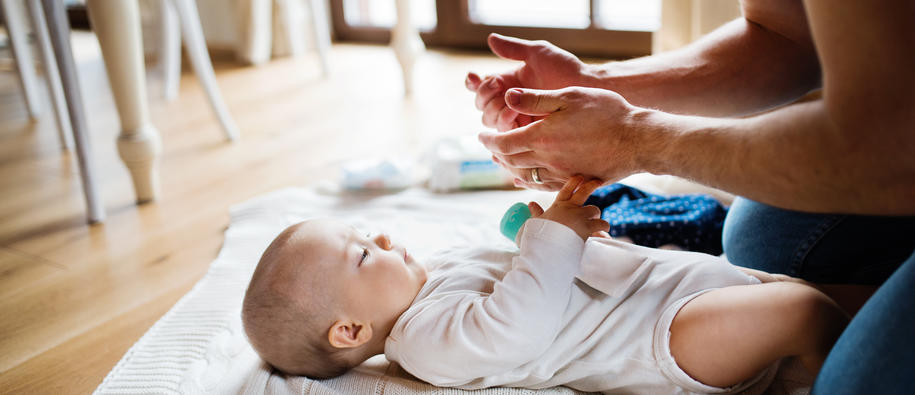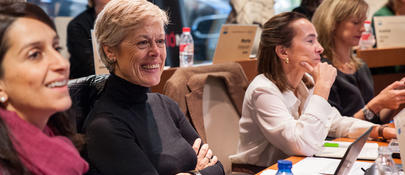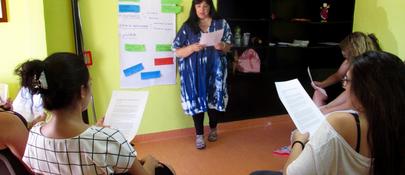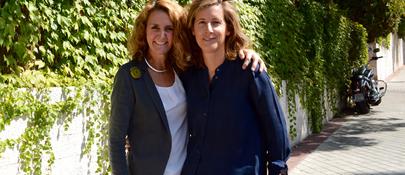
The Challenge
European families are facing constant challenges to reconcile family, care and work life. Childcare and long-term care services, gender equality, access to basic financial services and the integration of people with disabilities in all aspects of life are among the key social challenges of the 21st century.
Gender equality
Gender equality is one of the fundamental values of the European Union. Despite intensified efforts to reduce gender inequalities, many EU countries still face challenges to reduce the gender pay and pension gaps, gender segregation in education and in the labour market and stereotypes in education and vocational training.
Flexible working arrangements
The developments in society over the past decade require a better sharing of responsibilities between women and men. This begins by ensuring protection against discrimination and dismissal for parents and encouraging a gender-balanced use of family leaves and working time arrangements.
Increased parental leave
Only 34% of fathers shared parental leave in 2016. Parental responsibilities are still seen as “mainly a women’s responsibility” and a private matter.
Provision of quality care services
Women and men shall have equal access to special leaves of absence in order to fulfil their caring responsibilities and be encouraged to use them in a balanced way. Thus, it is crucial to support better work-life balance for men and women with caring responsibilities and a more equal use of leave and flexible work arrangements.
Our Approach
Our goal
We aim to improve work life balance and address the main gender inequality issues in Europe.
How?
Work-life reconciliation policies are increasingly recognised as key responses to the economic and demographic challenges that Europe is currently facing. In order to promote sustainable and quality employment for and increase cohesion throughout Europe, the Grants support activities such as:
- National strategies, systems and policies to promote work—life balance and gender equality
- Women’s economic empowerment
- Research and data collection
- Measures to decrease gender inequality in unpaid work
- Awareness-raising capacity building and education to promote a better balance between work and family life
- Child-care policy, aiming at affordable, good quality and accessible child-care
Work-life balance and gender equality are also covered in other EEA and Norway Grants programmes, for example in the areas of domestic and gender-based violence, local development, the Active Citizens Fund and research.
Creating partnerships
The exchange of knowledge and experience is essential to find a common approach on how to better protect the rights of the children and youth at risk. Organisations from the donor and beneficiary countries are therefore encouraged to cooperate through our programmes.
Both donor and beneficiary countries benefit by sharing experience and best practice to meet common European challenges. The Equality and Anti-Discrimination Ombud of Norway and the Norwegian Institute of Public Health are Donor Programme Partners in this area and can assist organisations that wish to get involved.




